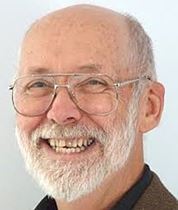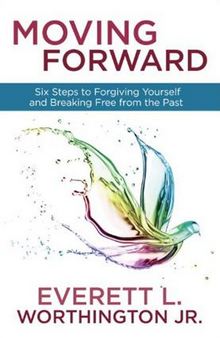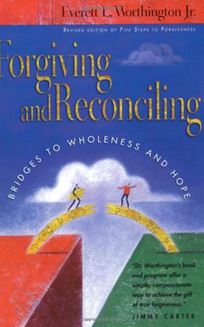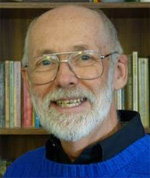BEN’S INTERVIEW WITH EVERETT L. WORTHINGTON, PhD
 Commonwealth Professor of Psychology at Virginia Commonwealth University, the world’s leading authority on the scientific study of forgiveness, and author, Forgiving and Reconciling and Moving Forward: Six Steps to Forgiving Yourself and Breaking Free from the Past.
Commonwealth Professor of Psychology at Virginia Commonwealth University, the world’s leading authority on the scientific study of forgiveness, and author, Forgiving and Reconciling and Moving Forward: Six Steps to Forgiving Yourself and Breaking Free from the Past.
TO RECEIVE THE RECORDING from the June 6, 2016 interview, just submit your name and email address here:




 Everett Worthington, Ph.D., (Everett, or “Ev”) is Commonwealth Professor of Psychology at Virginia Commonwealth University (VCU, in Richmond, VA), and has served as chair of its huge psychology department, overseeing both undergraduate and graduate levels. In 2009, he won VCU’s Award for Excellence, an annual top award in recognition of teaching, research, and service at the university, and in 2015, he was awarded VCU’s top honor, Commonwealth Professor. In 2016, the State Council of Higher Education in Virginia recognized him as one of 13 Outstanding Professors in the Commonwealth. Everett is a Licensed Clinical Psychologist in Virginia, and is director of VCU’s Marital Assessment, Therapy and Enrichment Center.
Everett Worthington, Ph.D., (Everett, or “Ev”) is Commonwealth Professor of Psychology at Virginia Commonwealth University (VCU, in Richmond, VA), and has served as chair of its huge psychology department, overseeing both undergraduate and graduate levels. In 2009, he won VCU’s Award for Excellence, an annual top award in recognition of teaching, research, and service at the university, and in 2015, he was awarded VCU’s top honor, Commonwealth Professor. In 2016, the State Council of Higher Education in Virginia recognized him as one of 13 Outstanding Professors in the Commonwealth. Everett is a Licensed Clinical Psychologist in Virginia, and is director of VCU’s Marital Assessment, Therapy and Enrichment Center.
